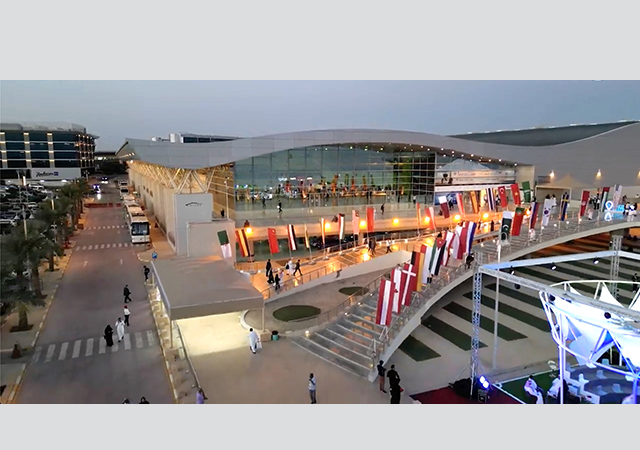
 Officials at the agreement-signing ceremony.
Officials at the agreement-signing ceremony.
IN A FIRST-of-its-kind project involving private sector investment in Bahrain, a multinational consortium was awarded a multi-million-dollar contract for the Muharraq sewage treatment plant (STP) last month (February).
The consortium, led by South Korea’s Samsung Engineering Company and including Abu Dhabi financial services firm Invest AD Infrastructure Fund I GP of Cayman Islands and the UK’s United Utilities International, will set up a new sewage treatment plant and wastewater system on a build, own and operate (BOO) basis for 25 years.
The award of the contract is in line with Bahrain’s privatisation policy and was jointly initiated by the Ministry of Finance (MoF), Ministry of Works (MoW) and the Economic Development Board (EDB).
The BD105-million ($278.5 million) project in Muharraq, on reclaimed land off the coast of Hidd, also incorporates a wastewater collection network component.
 |
|
Tubli’s 200,000-cu-m STP ... major upgrade planned. |
The STP will take 30 months to build and is expected to start operations in August 2013 and cater for the increasing development surrounding Muharraq as well as reducing the load on the Tubli STP, says Bahrain’s Minister of Works Essam bin Abdulla Khalaf.
“Not only will the Muharraq STP help in reducing pressure on the Tubli STP to a large extent, it will in addition have a positive impact on the environment of the Tubli bay area,” he says.
The new STP will cater to the Busaiteen, Arad and Hidd areas, and take a lot of load off an aging sewerage network in Manama.
Commenting on the agreement, Finance Minister Sheikh Ahmed bin Mohammed Al Khalifa says: “With this signing, the government adds another milestone in its efforts to attract private sector investment in public infrastructure. Once complete, the Muharraq STP will have a positive impact on the environment and public health in general by treating wastewater to high standards (high quality international treated sewage effluent standard requirements) to produce quality recycled water for use in irrigation and for industrial purposes.”
Giving details of the project, the MoW’s sanitary affairs assistant under-secretary Khalifa Al Mansoor says the Muharraq STP project consists of three major components.
“The first component is the sewage treatment plant, which is scheduled to be operational in August 2013 and will be built on reclaimed land north of the Hidd Industrial Area This will be developed in two phases with an initial capacity of 100,000 cu m per day and expandable to 160,000 cu m in the second phase whenever required,” he says.
The second component, he says, is the sewer conveyance system, which constitutes the construction of a 15-km-long deep gravity sewer (DGS) network system by employing microtunnelling technology for the first time of this magnitude in the sanitary sector. “Our system is usually 6 to 7 m,” he says.
The DGS is also due to be completed by August 2013 and will have a service life of 80 years.
Al Mansoor says the DGS will comprise a network from Busaiteen (north of Muharraq) to Sheikh Khalifa Al Kabeer Road, crossing the Gulf of Arad and ending next to the Muharraq Club. It will then go through Arad Avenue all the way up to the Dry Dock Road, then south, and also to the east near the allocated plot for the new plant near the Sheikh Khalifa bin Salman port. Pipes of various diameters – ranging from 1 to 1.8 m – will be employed in the network.
“The third component is the connection of the existing network to the DGS trunk main, which will be constructed in stages and completed by August 2014,” says Al Mansoor.
He says all investment will be done by the developer. “The government will be the beneficiary. It will ensure that the requirements are all met as far as the specification and performance are concerned. Once operational, it will only be sending sewage to the developer, which will treat it and send us the bill for it.”
The treated water, he says, will be used in industrial areas, irrigation, landscaping and agriculture, among other applications.
Al Mansoor says he expected the severe sewerage problems in Manama, Hoora and Gudaibya to be solved with the commissioning of the Muharraq STP.
A major upgrade is also being planned of the 200,000-cu-m Tubli STP, which is receiving up to 300,000 cu m per day and is severely overloaded. “We have other small STPs but their contribution is very small. The largest after Tubli is the Sitra STP with a capacity of 16,000 cu m,” he says.
Al Mansoor says that a strategic study is now being finalised with the aim of providing a roadmap for restructuring the entire state-owned sanitary services, including identification of packages suitable for private sector participation, setting up a legal framework for quality and environment and guidelines for establishing a cost recovery mechanism.
“The ministry's vision is to improve standards of living by adapting to changing economic conditions, making best use of limited resources and adopting approaches that would result in sustainable and affordable services,” he adds.
Meanwhile, the consortium says it will employ proven high-grade technology in the Muharraq plant. As the lead developer and EPC (engineering, procurement and construction) and O&M (operation and maintenance) contractor, Samsung Engineering has pledged close cooperation with its joint investors.
All three partners in the consortium are providing equity for the project. Samsung has committed 45 per cent, Invest AD 35 per cent and United Utilities 20 per cent. The project is being financed by the Export-Import Bank of Korea (Kexim), Japanese lender Sumitomo Mitsui (SMBC) and French banks Natixis and Credit Agricole.
Byung Bok Sohn, COO and president of the industrial and infrastructure business of Samsung Engineering, says: “This is truly a historic contract because Samsung Engineering has been given the honour to work on the first BOO project in Bahrain, which will serve as an integral part of the country’s sanitary infrastructure.”
Samsung Engineering is currently also working on the Bahrain Petroleum Company’s (Bapco) lube base oil and Sulb’s steel projects.
“Now we wish to open a new chapter in the water business by successfully completing the Muharraq STP project, thus adding a new sector in our business portfolio,” concludes Sohn.


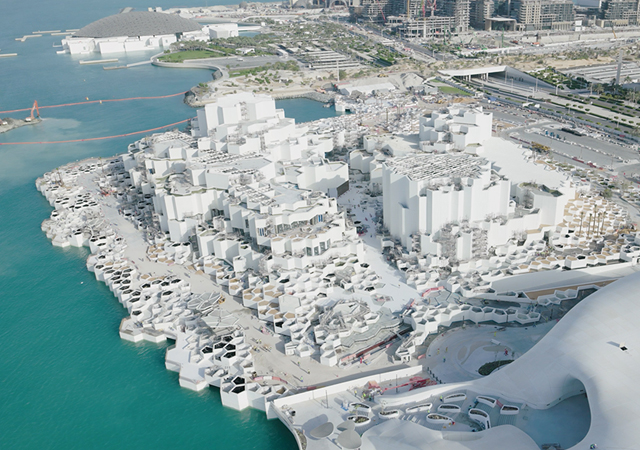
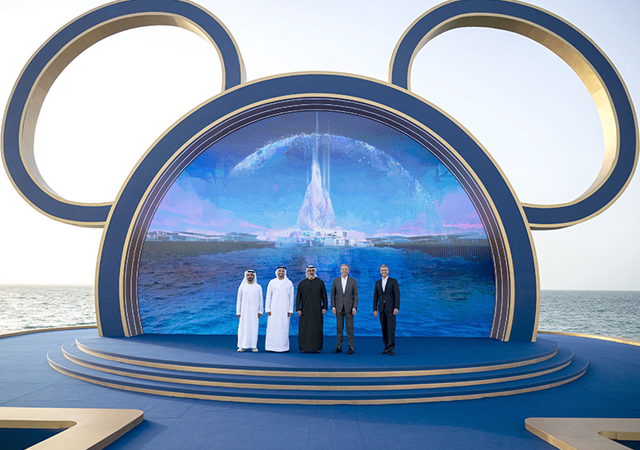
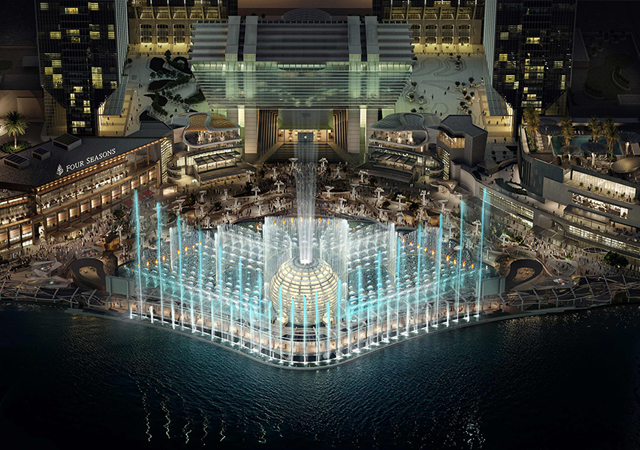
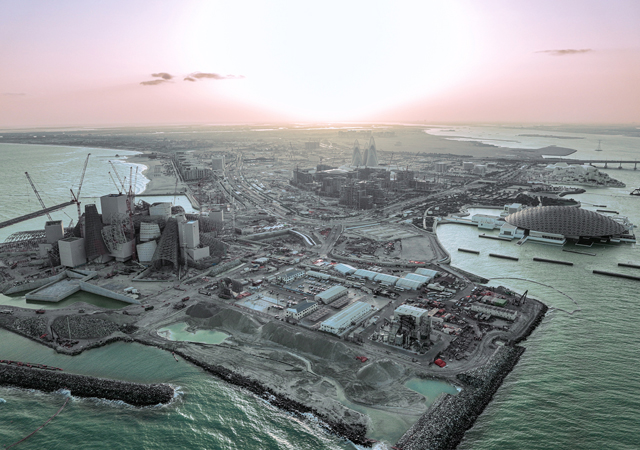
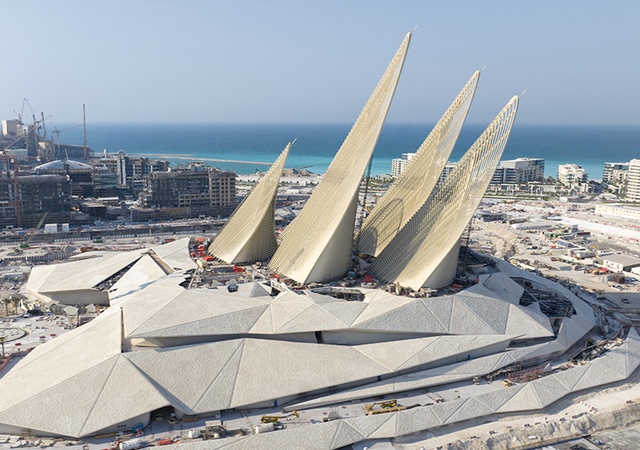
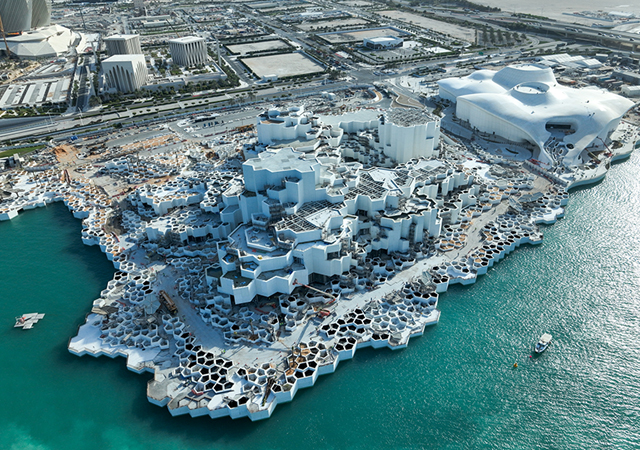
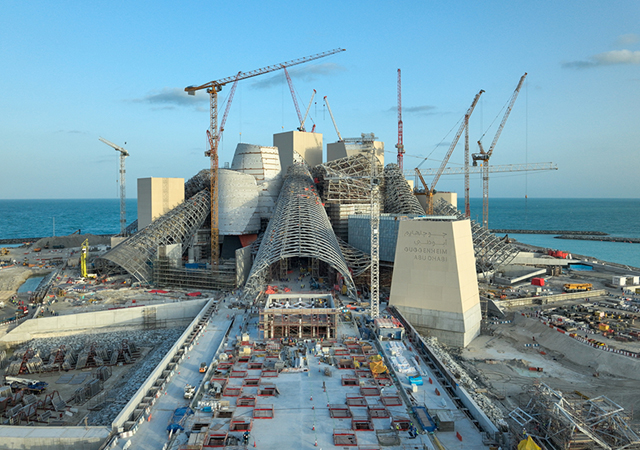
.jpg)
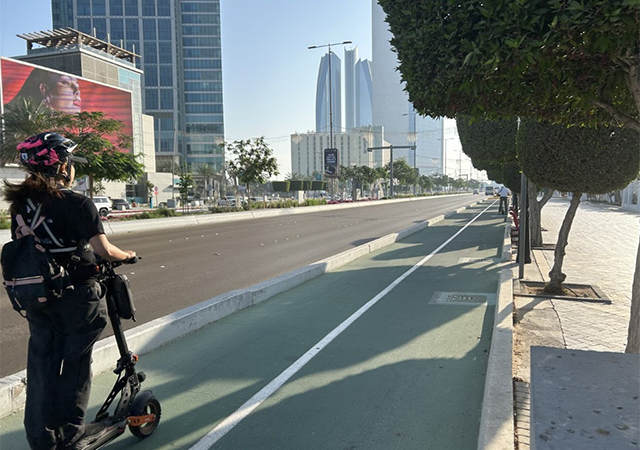
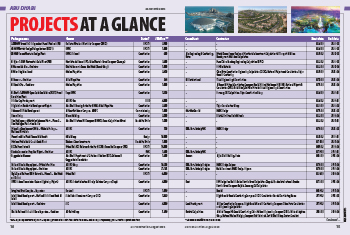

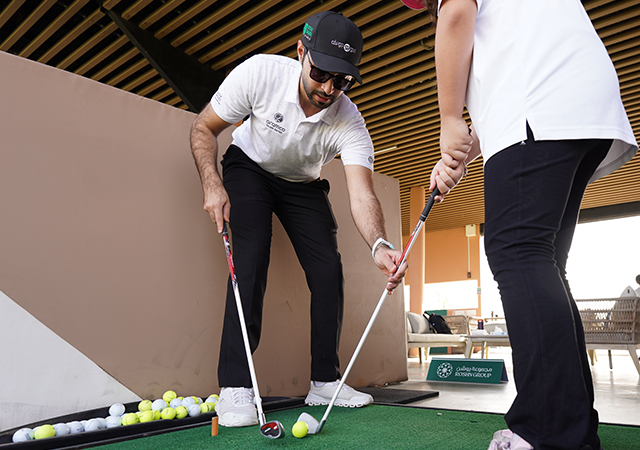
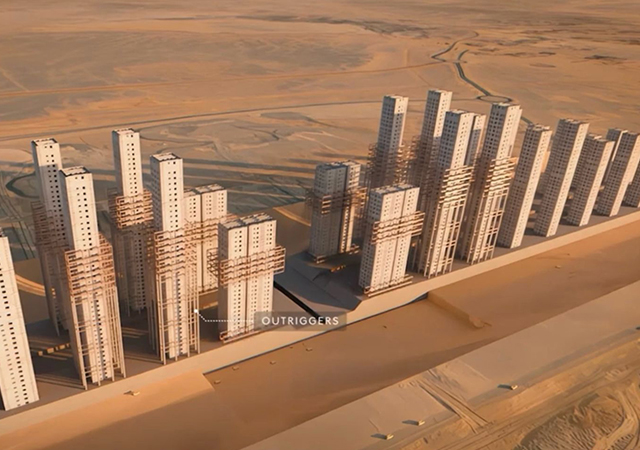
.jpg)
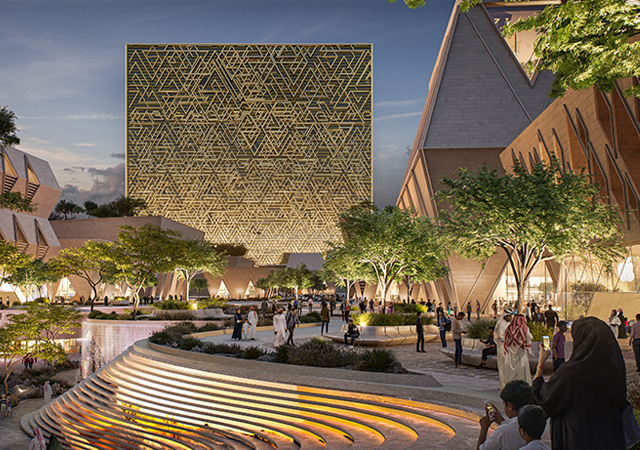
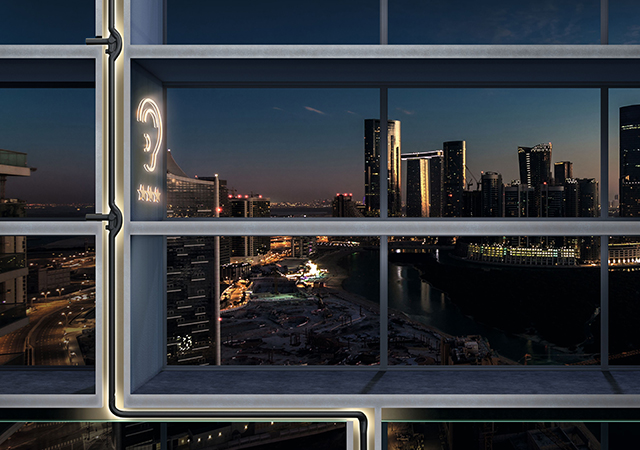
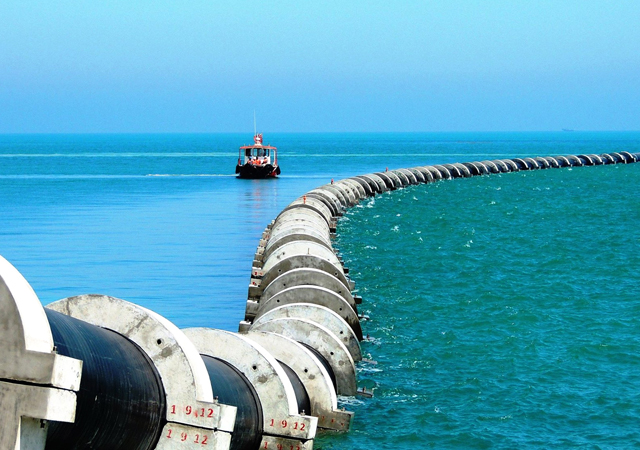
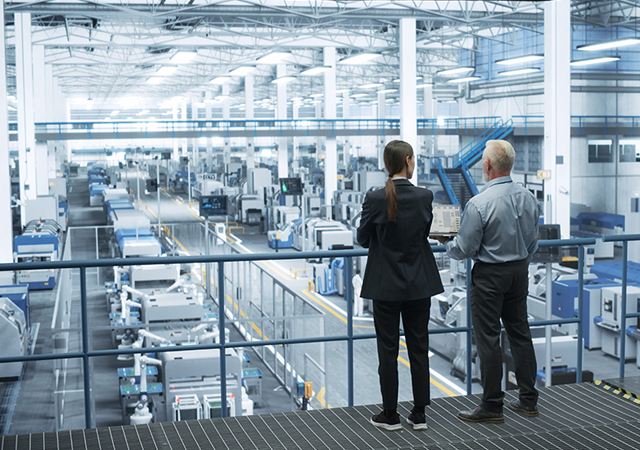

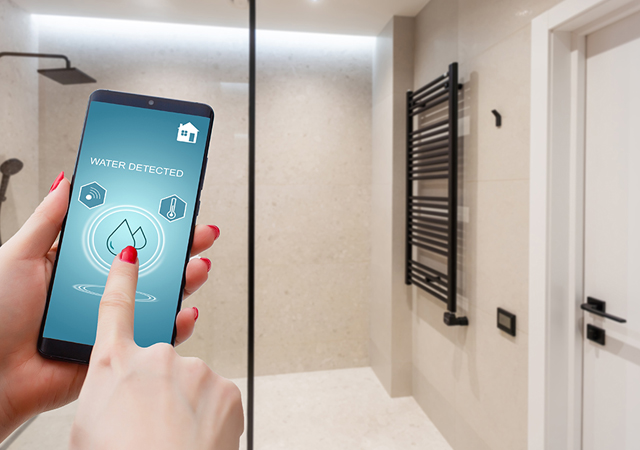
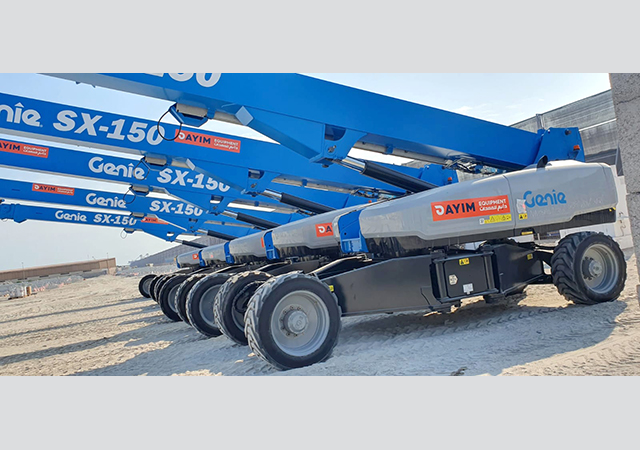
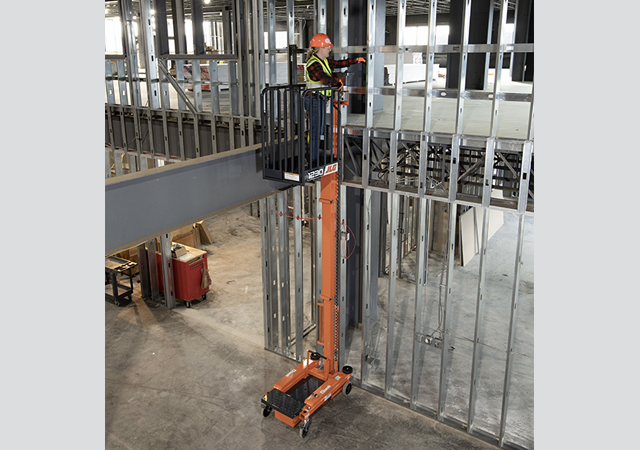
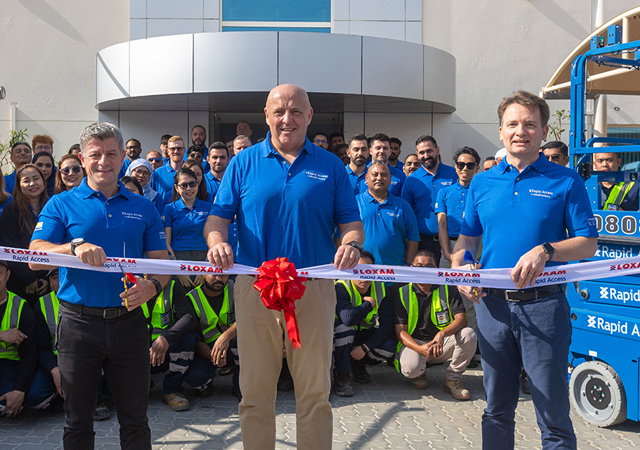
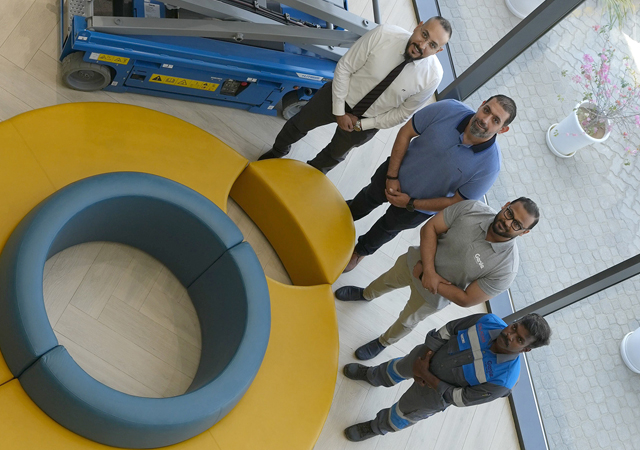
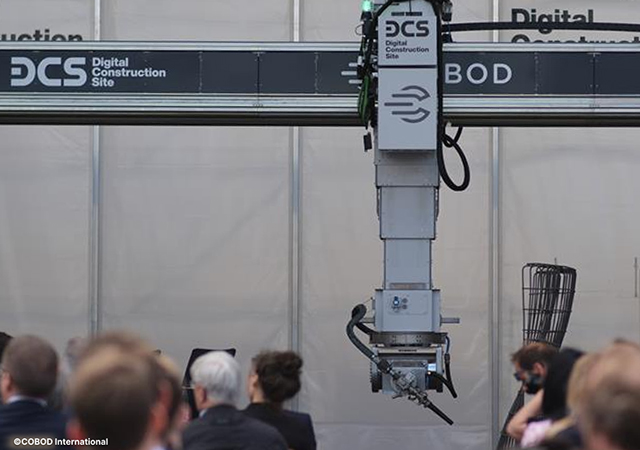
Doka (2).jpg)

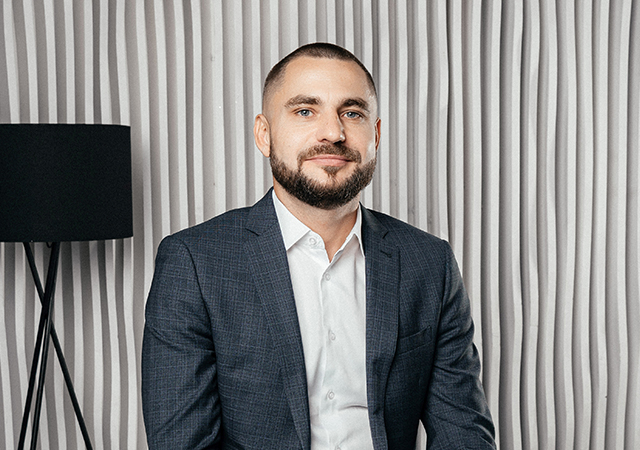

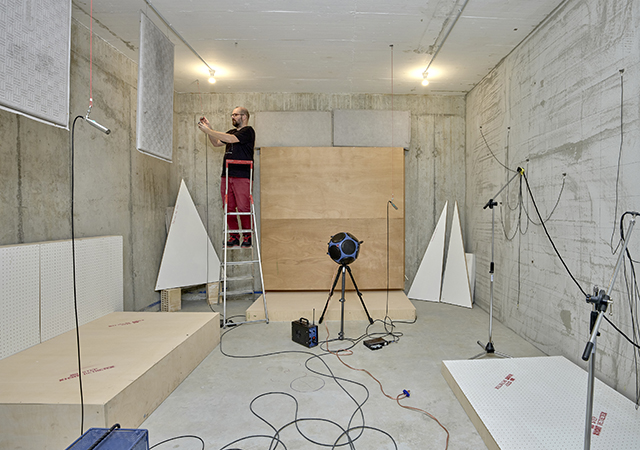
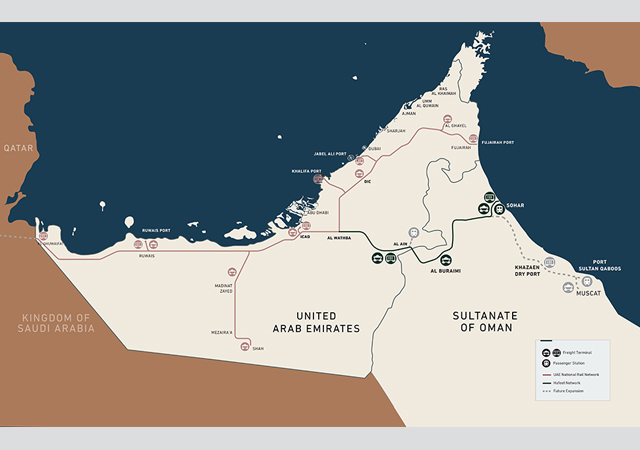

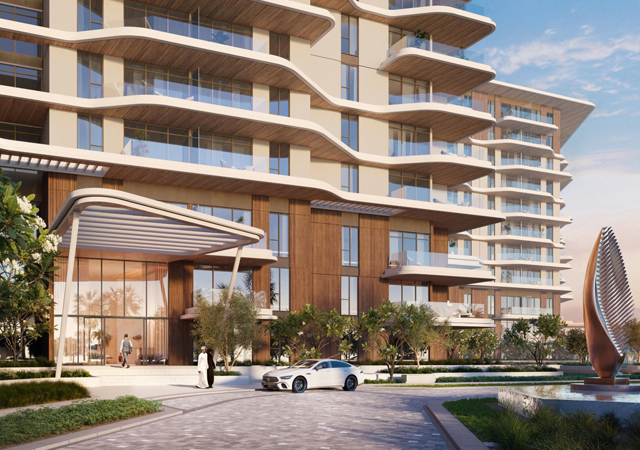

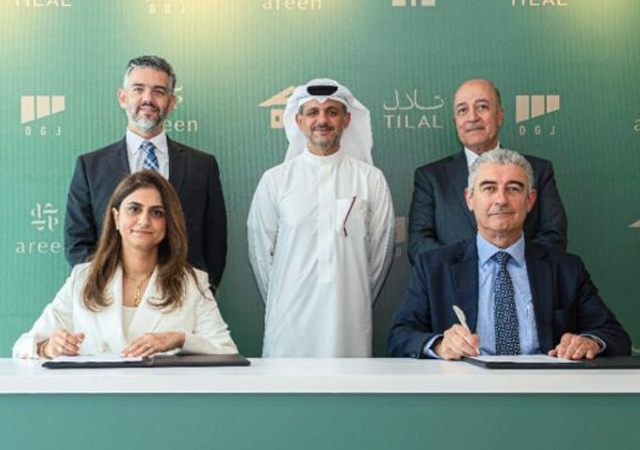
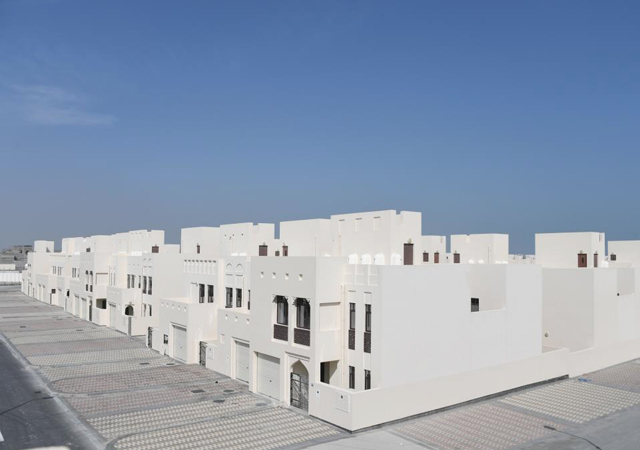
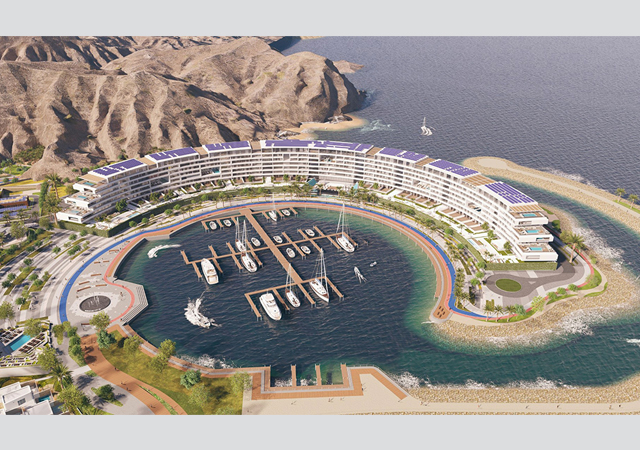
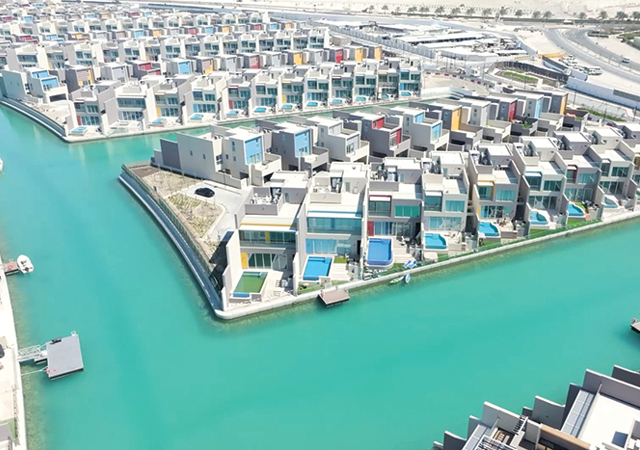
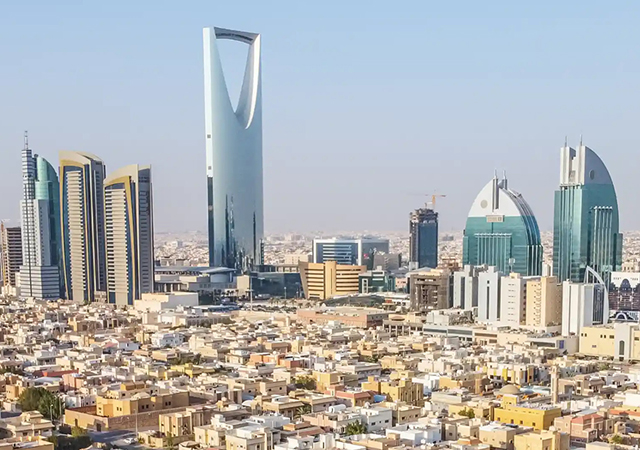
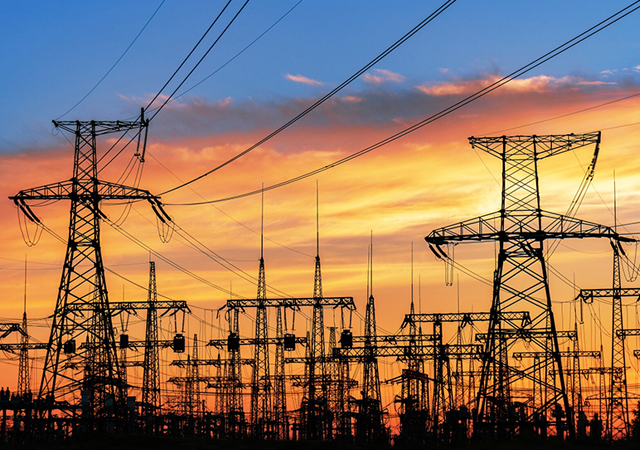
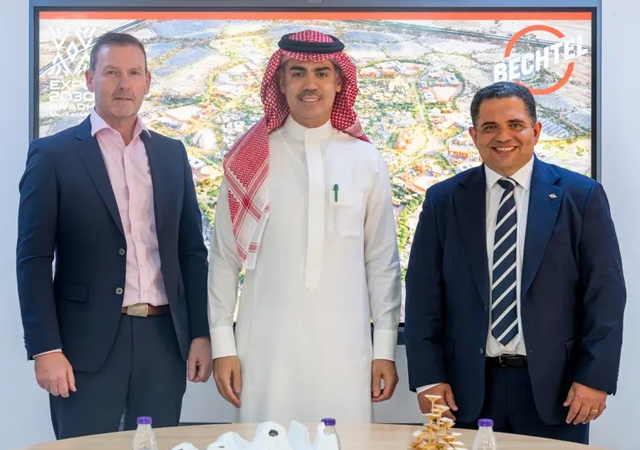
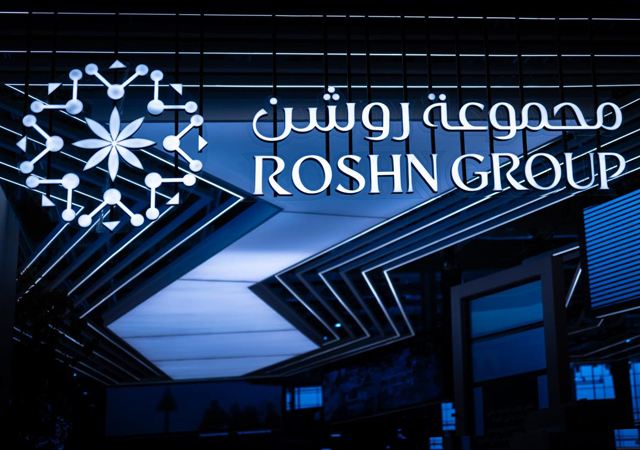
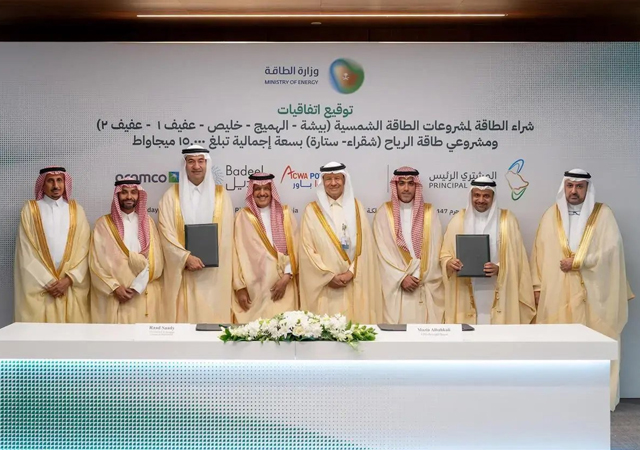
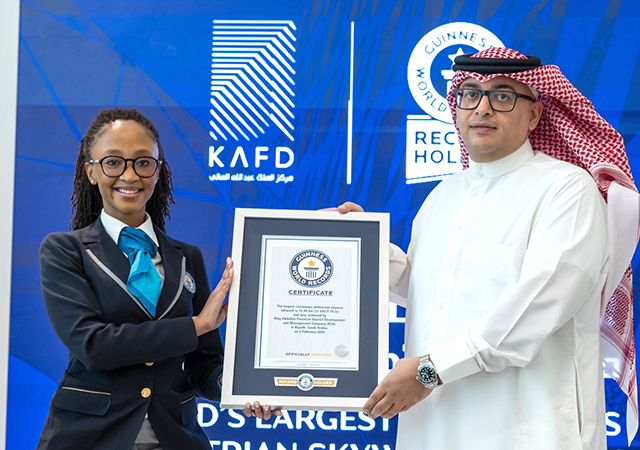
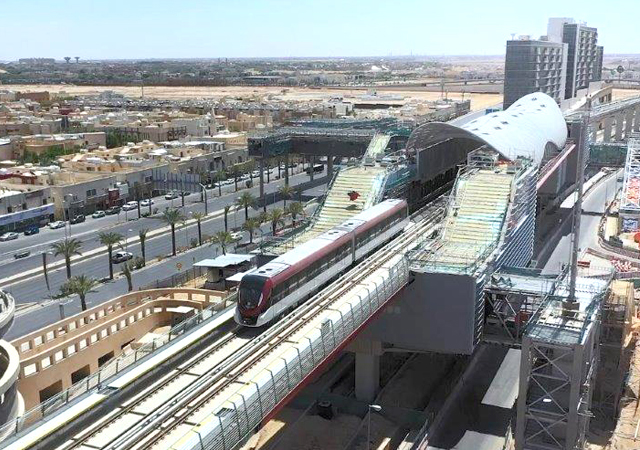
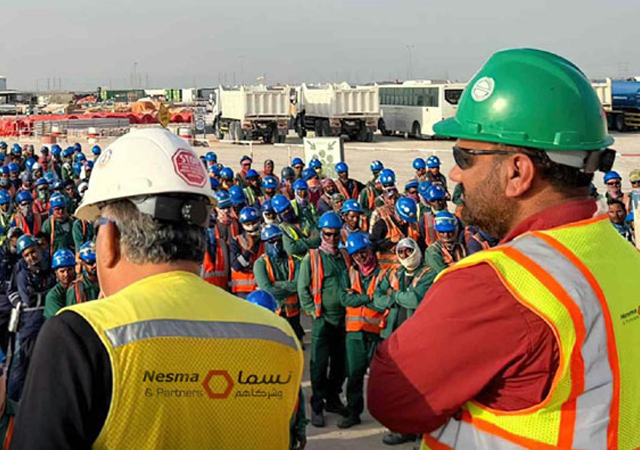
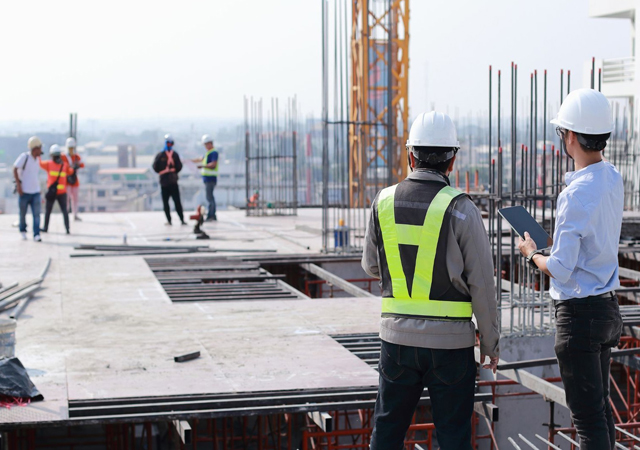
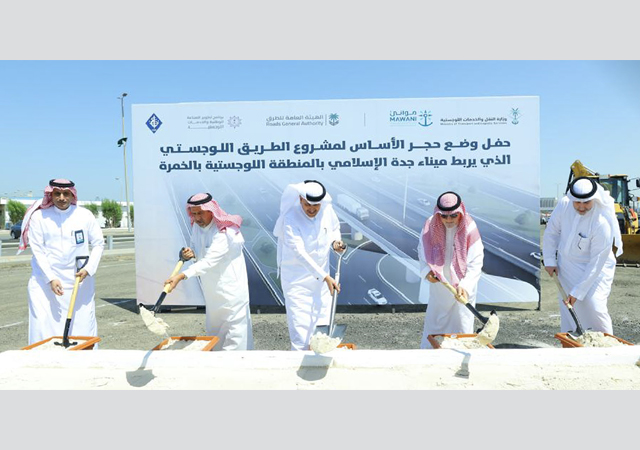
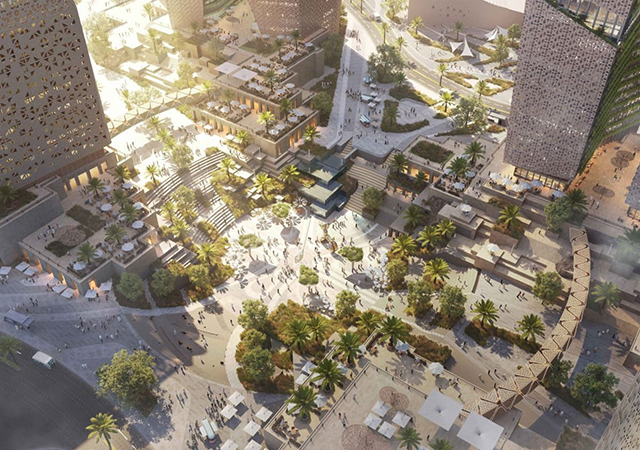
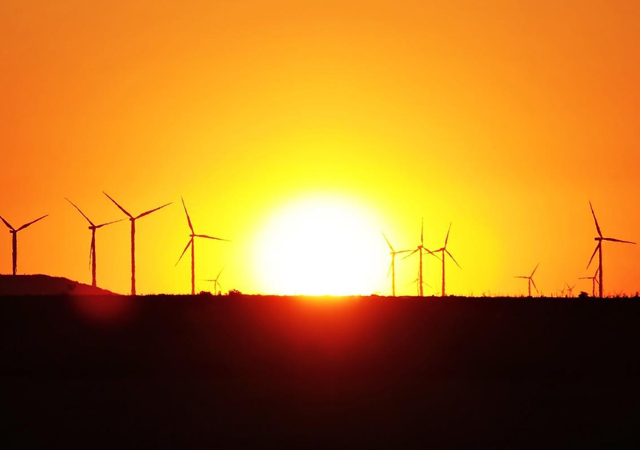
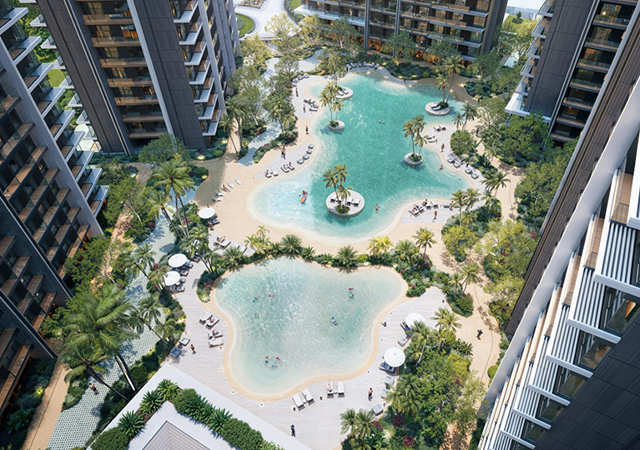
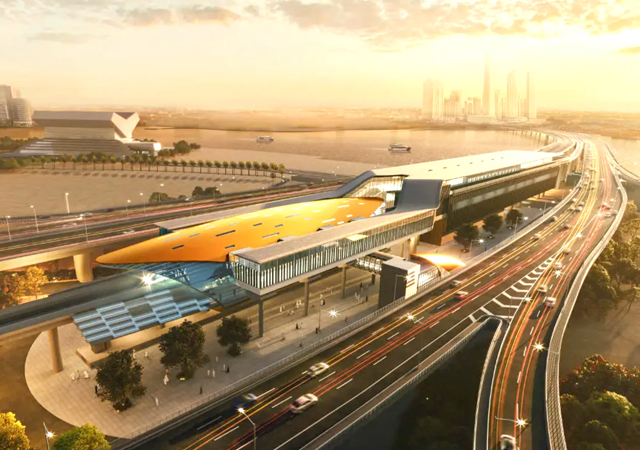
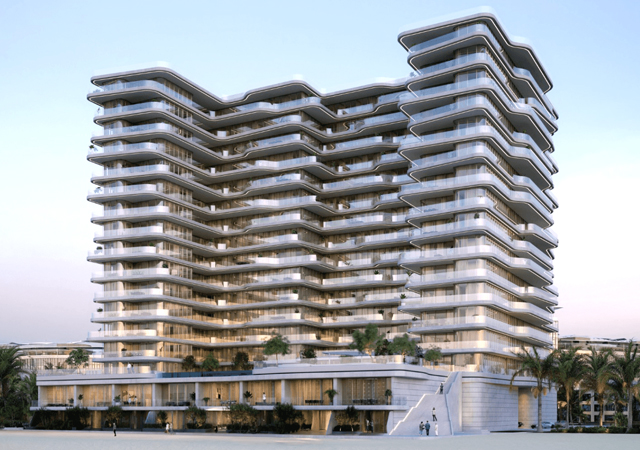
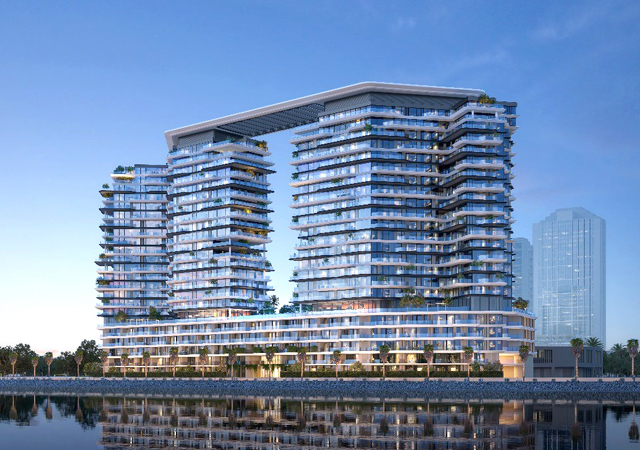
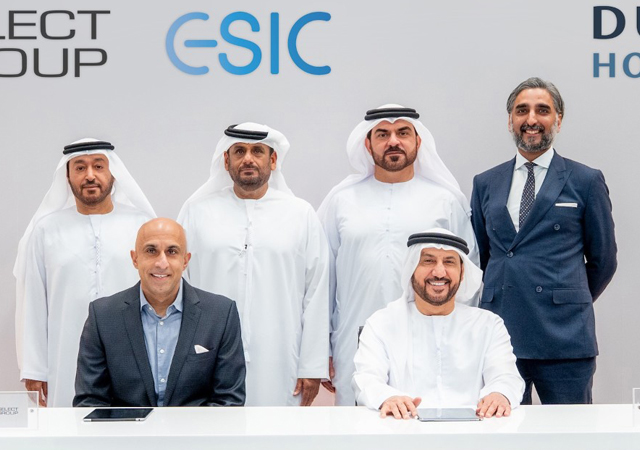
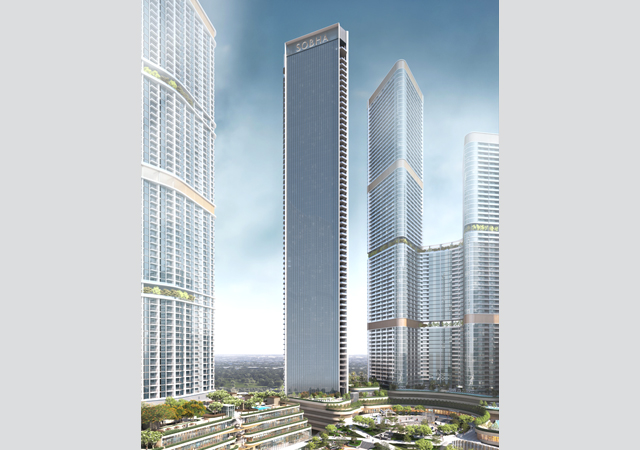
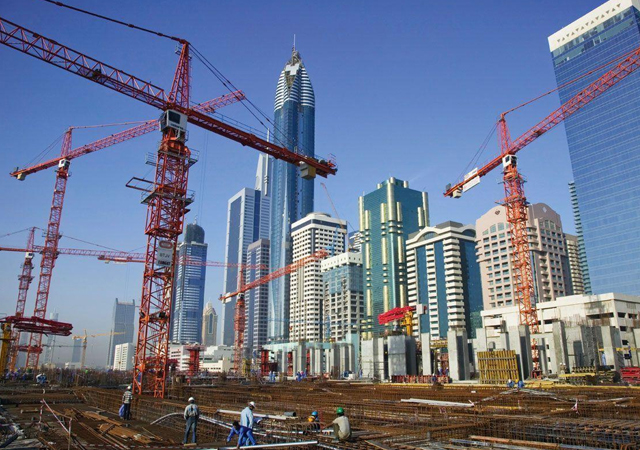
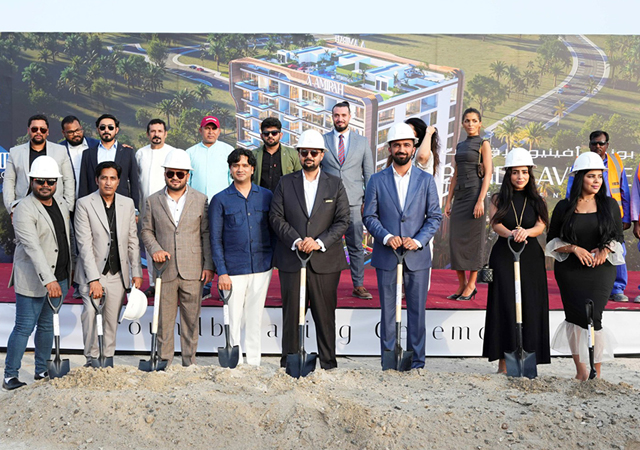
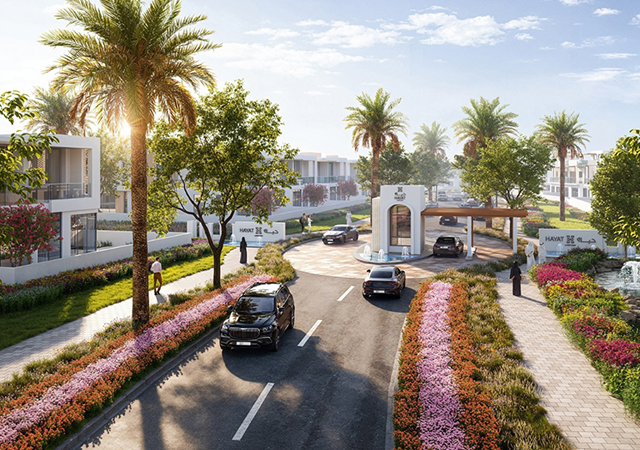
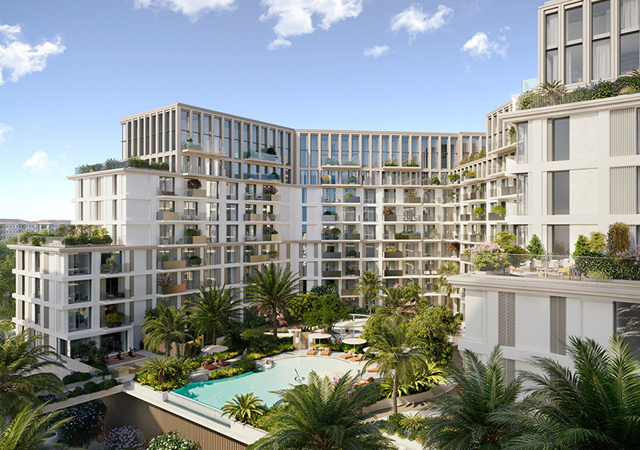
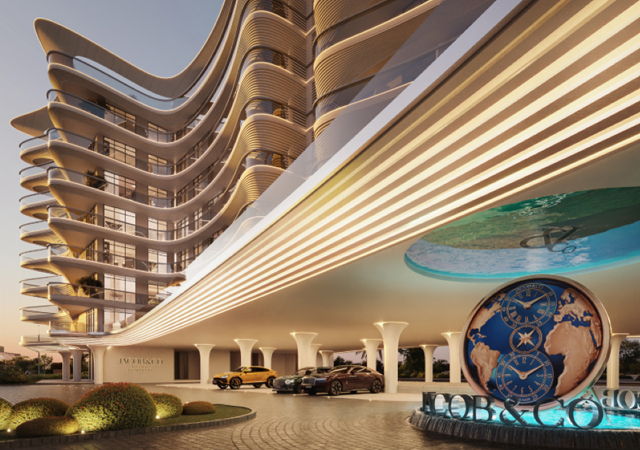
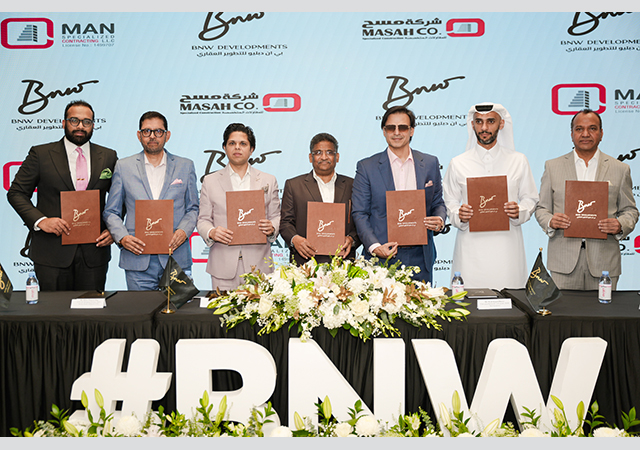
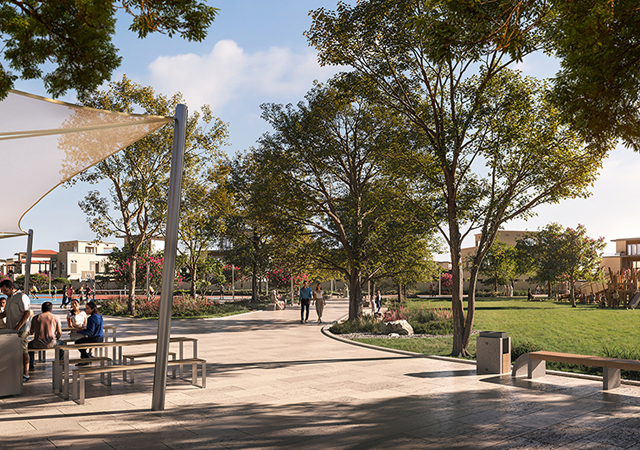
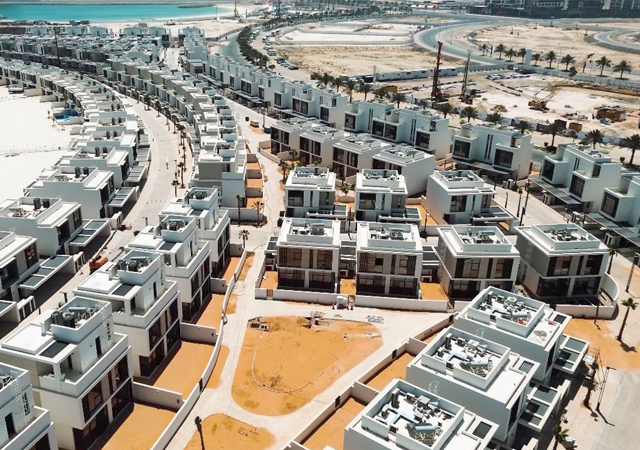
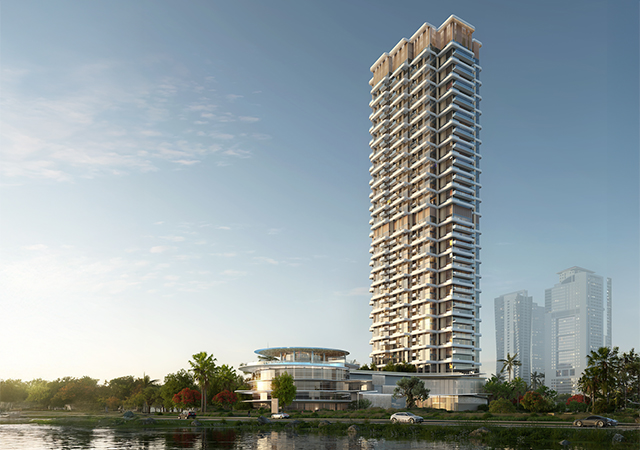
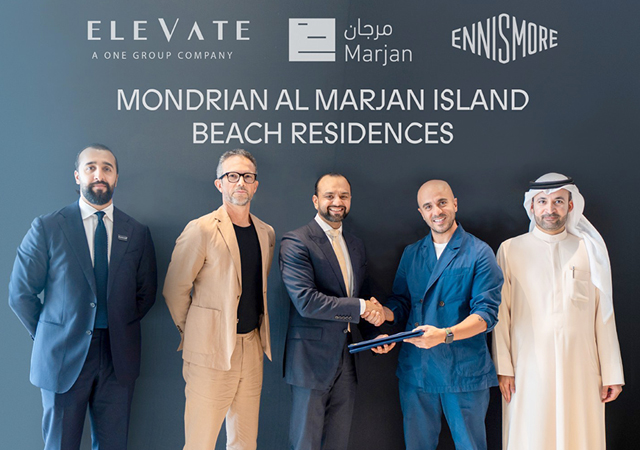
.jpg)
.jpg)
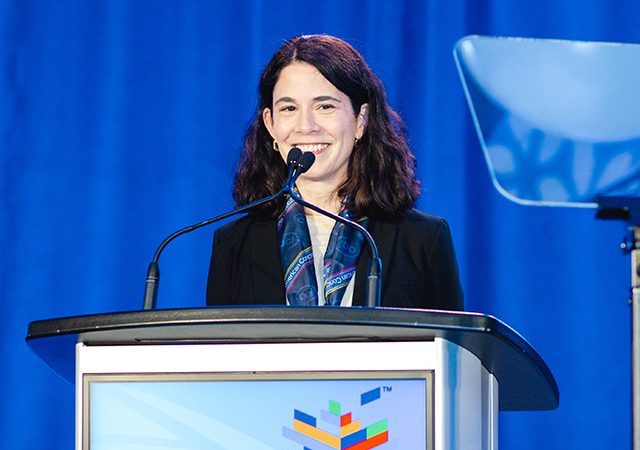
.jpg)
